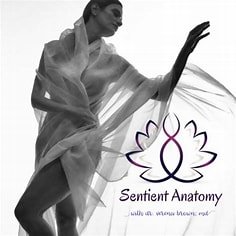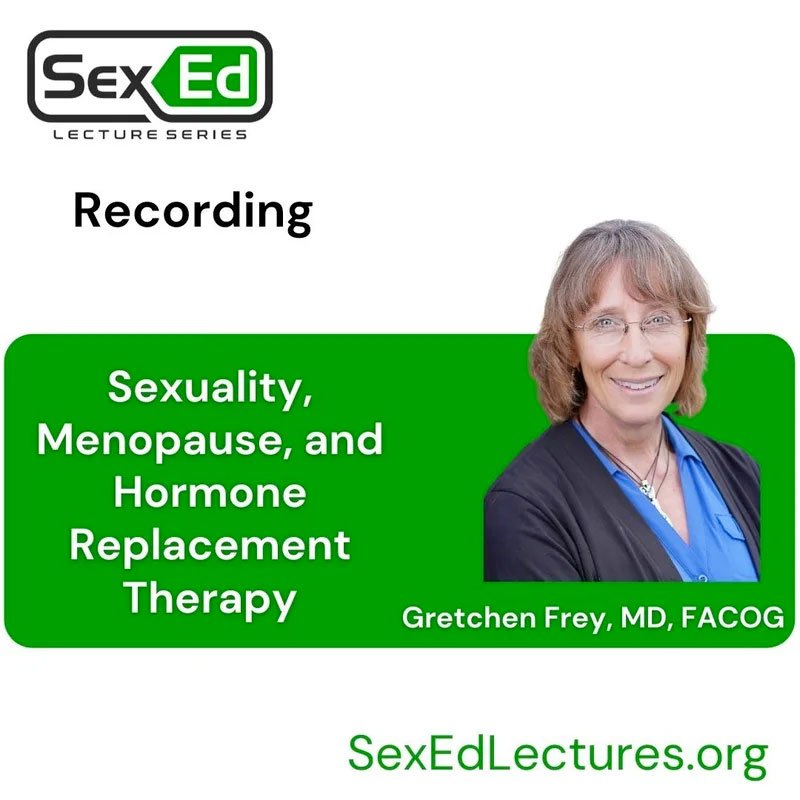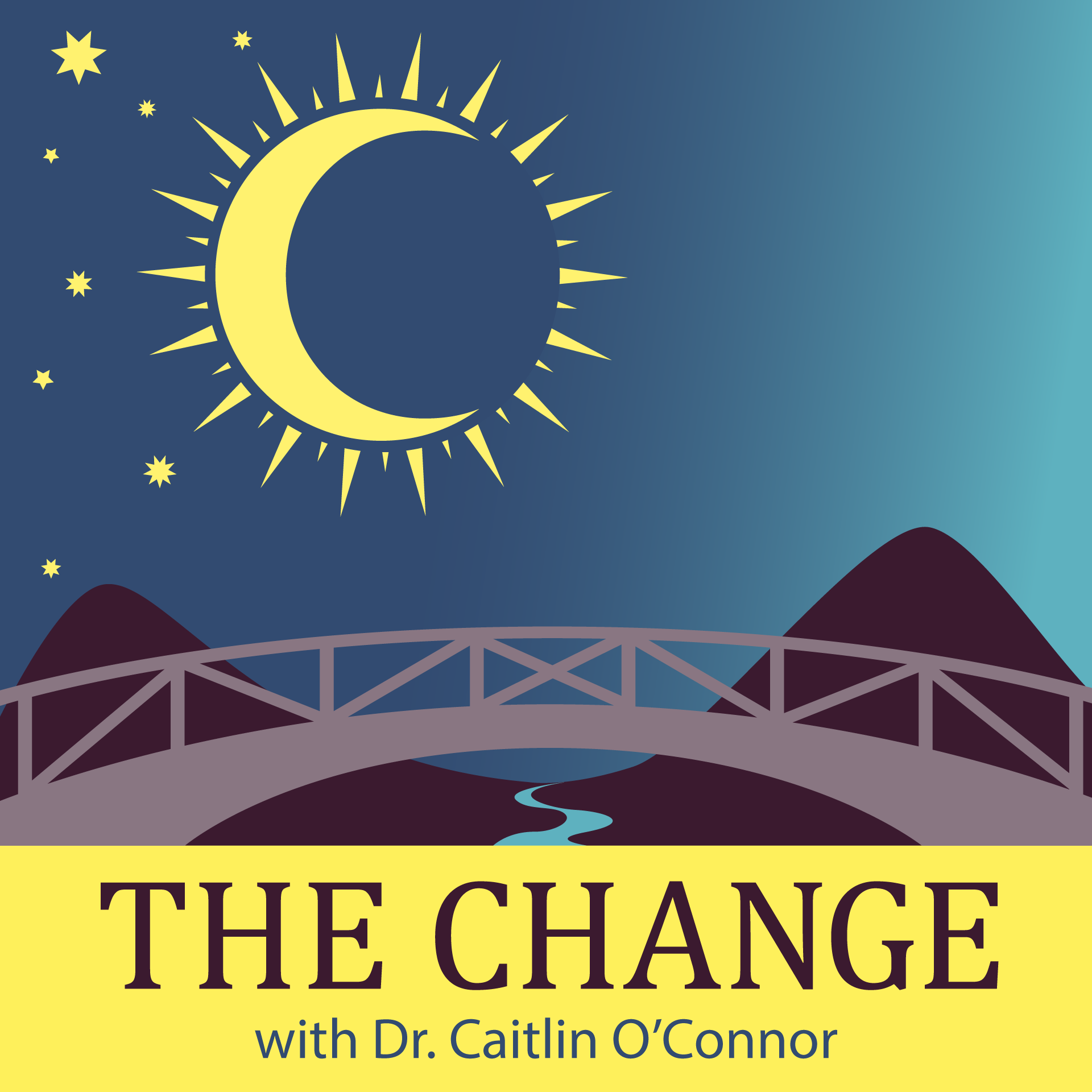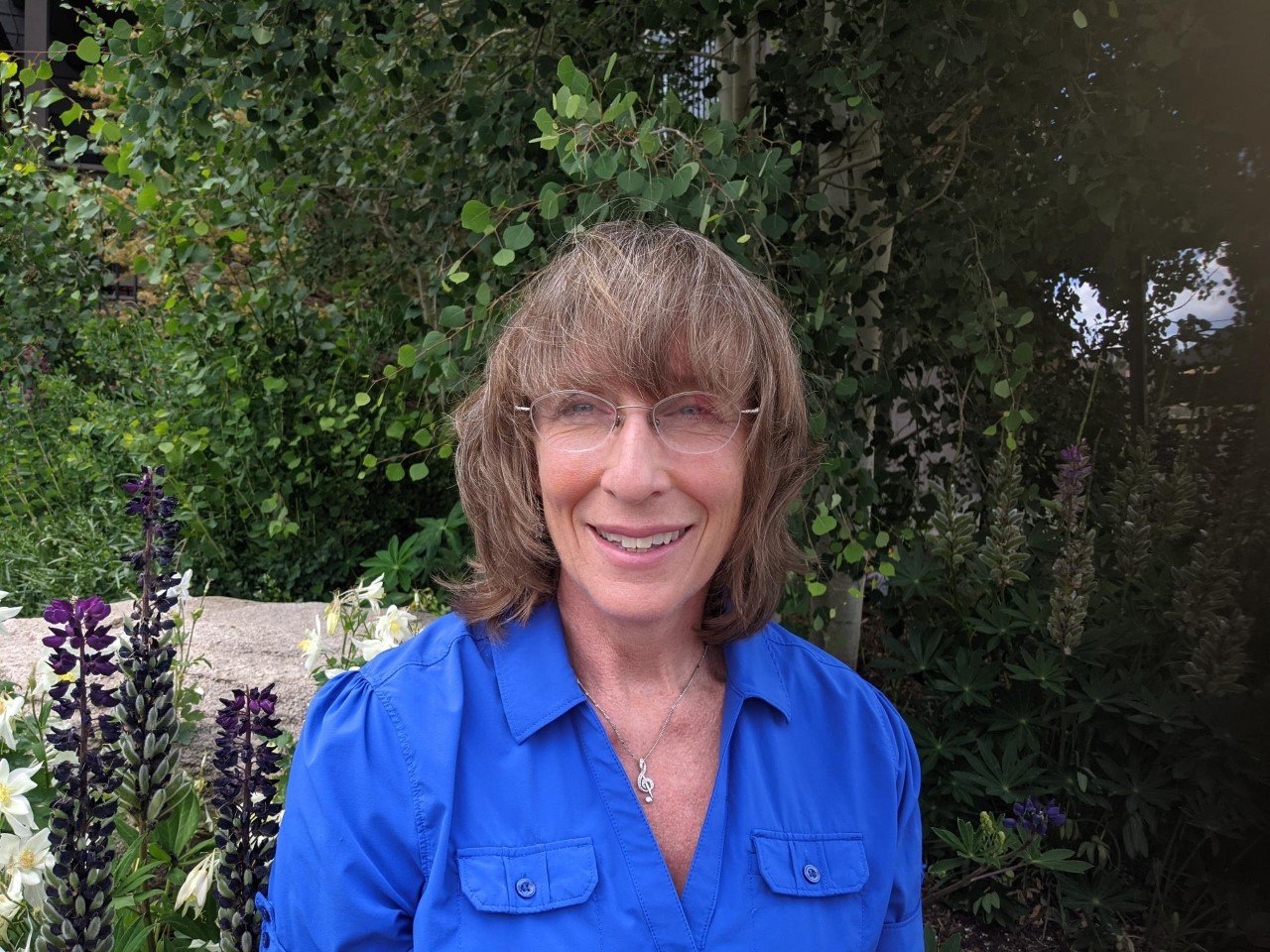
Low Desire

Sexuality and Aging

Menopause
My Why…
Healthy sexuality means something different to each person. Perhaps more than any other aspect of our being, our sexuality is uniquely personal, and should be regarded as an essential part of the human experience.
In the World Association for Sexual Health's 2014 Declaration of Sexual Rights, among those listed are:
"9. The right to information. Everyone shall have access to scientifically accurate and understandable information related to sexuality, sexual health, and sexual rights through diverse sources. Such information should not be arbitrarily censored, withheld, or intentionally misrepresented.
10. The right to education and the right to comprehensive sexuality education. Everyone has the right to education and comprehensive sexuality education. Comprehensive sexuality education must be age appropriate, scientifically accurate, culturally competent, and grounded in human rights, gender equality, and a positive approach to sexuality and pleasure."
As I contemplated moving into the post-clinical phase of my career, what called to me most strongly was this fundamental human right and the need to increase access to good quality, sex positive education. I have been providing education about healthy sexuality to my patients one-on-one for decades, and now I am shifting my focus to a group setting. I have presented lectures or workshops to high school students, college bound seniors, graduate students, groups of menopausal women and their partners, and professional groups (physicians, sex therapists, and physical therapists). All presentations are respectful of diversity in gender, race, culture, and sexual orientation.
My Approach...
I often present on common "sex ed" topics such as contraception or sexually transmitted infections (STIs). This can include discussion of consent and boundaries. Throughout, I strive to elicit a definition of healthy intimacy.
My special areas of expertise are sexuality in menopause (including the role of hormone replacement), low desire, and sexual pain syndromes. I also enjoy addressing how to incorporate mindfulness of sexuality and gender diversity into the healthcare practice or workplace.
My style is informal, interactive, and uses curiosity and (where possible) humor to enhance the learning experience.
Recent Appearances
Speaking Fees
-
Suitable for a brief overview or very focused presentation, especially for nonmedical audiences.
$300
-
Allows for a more thorough exploration of a subject, with some time for questions.
$500.
-
Best choice for an in depth presentation, or one with plenty of time for questions.
$700.





